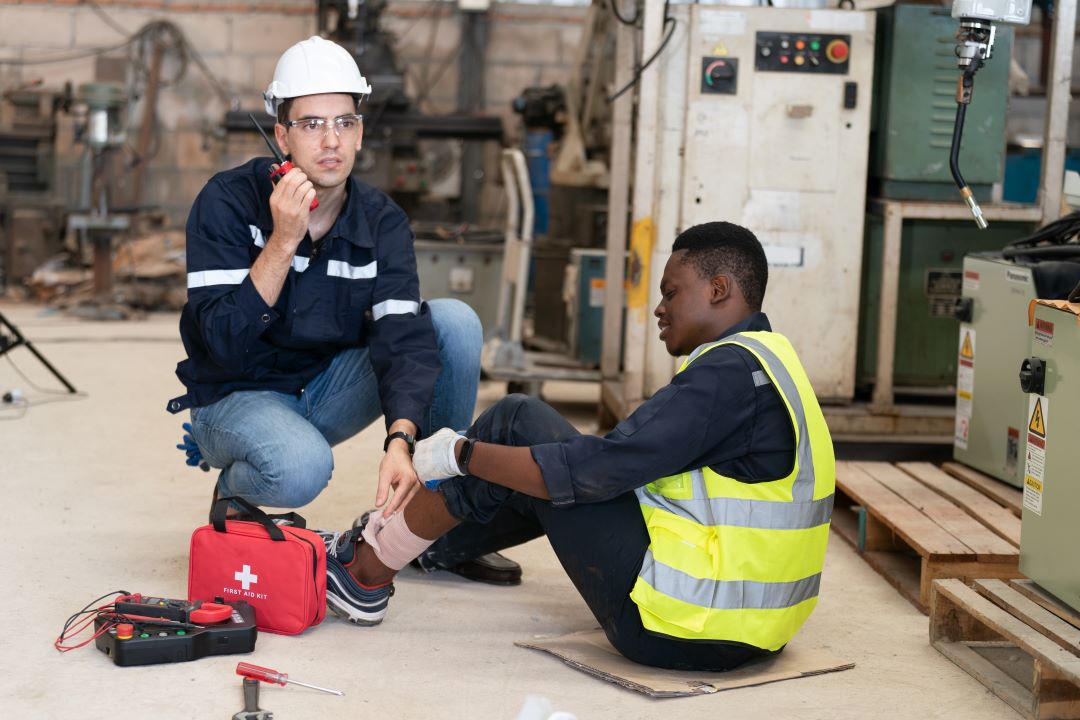The reassurance that comes with knowing you can contact emergency services if you fall is a great confidence boost for those who live alone, particularly elderly individuals. This is especially true for those with dementia, a condition that often causes falls and can lead to serious injuries like fractures. Having the peace of mind that help will be available to them if they fall gives their families and carer’s confidence that their loved ones are able to stay safely at home for longer.
A medical alert device with a built-in fall detection sensor can be a lifesaver in these situations. When the sensor detects a fall, it will trigger the alarm and send a signal to the monitoring center. https://www.loneworkeralarms.co.nz/personal-alarm/ From here, an operator will determine if it is a false alarm or a real one and will dispatch help if necessary. https://www.loneworkeralarms.co.nz/man-down-alarm/ The sensor works using an algorithm that balances sensitivity with practicality; it does not send out too many false alarms when someone is moving around, sitting down or even simply breathing. Instead, it uses multiple factors to identify a fall including the strength of the downward motion, the change in air pressure and the impact or shock at the end of the fall.
This is just one example of how modern technology can improve safety in lone working situations, and this type of device is becoming increasingly popular among those who need to work alone. With companies offering a range of different devices, there is something to suit all budgets and requirements. Some are even waterproof for use in the bath or shower, which is where the majority of falls happen.
img width="495" src=" ">
">
Despite these advancements, some healthcare facilities have started to abandon the use of alarms and physical aids in favor of other prevention methods on the belief that they can create a false sense of security. This may be due to the fact that they can annoy residents and cause alarm fatigue, which in turn can cause them to become disoriented or even lead to a fall. https://www.loneworkeralarms.co.nz/panic-alarm/ Careful consideration should be taken before removing these devices from a facility, however, as a lack of these safety measures could put patients at risk.
It is also worth considering whether a medical alert system with fall detection will be covered by insurance. While Original Medicare does not cover these systems, private health insurance and Medicare Advantage plans may offer them. In addition to this, some employers will also fund these devices as a part of their duty of care. To learn more about how a fall detection device can benefit you, get in touch with a local provider. They can advise you on the best option to meet your needs and provide a free no obligation quote. This can be done over the phone or online. You can even try out a few models for yourself to see how they feel, and the benefits they can bring. This will enable you to make an informed decision and decide if this is the right choice for you.
![[PukiWiki] [PukiWiki]](image/pukiwiki.png)
